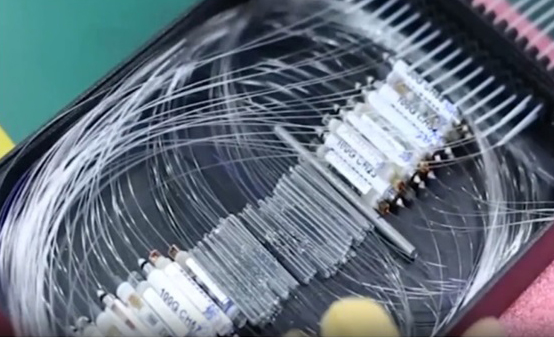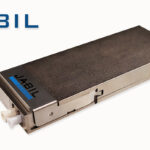ASIA ELECTRONICS INDUSTRYYOUR WINDOW TO SMART MANUFACTURING
Jabil Invests in AI's Future in Deal with Intel
Jabil Inc. has announced it will take over the manufacture and sale of Intel’s Silicon Photonics-based pluggable optical transceiver (“module”) product lines. Moreover, the transaction includes the development of future generations of such modules.
“This deal better positions Jabil to cater to the needs of our valued customers in the data center industry. Among them are hyperscale, next-wave clouds, and AI cloud data centers. These complex environments present unique challenges. Thus, we are committed to tackling them head-on and delivering innovative solutions to support the evolving demands of the data center ecosystem,” stated Matt Crowley, Senior Vice President of Cloud and Enterprise Infrastructure at Jabil. “This deal enables Jabil to expand its presence in the data center value chain.”

Through its photonics business unit, Jabil empowers organizations to reduce the complexities of developing and deploying enhanced optical networking solutions. Specifically, it offers complete photonics capabilities, including component design, system assembly, and streamlined supply chain management.
“We are pleased to reach this agreement with a world-class supplier like Jabil. We look forward to working closely with Jabil, our customers, and our suppliers to enable a seamless transition as Intel shifts its focus to silicon photonics components for existing markets and emerging applications,” said Safroadu Yeboah-Amankwah, Senior Vice President and Chief Strategy Officer of Intel Corporation.
“Our Design-to-Dust™ capabilities continue to resonate with customers and we are investing in the areas of data center infrastructure services, liquid cooling, and silicon photonics to help our customers solve their challenges. Jabil is extremely well-positioned to support customers. Primarily, they incorporate innovative technologies into their data centers to navigate the increasing requirements around power and cooling being driven by artificial intelligence,” concluded Crowley.




